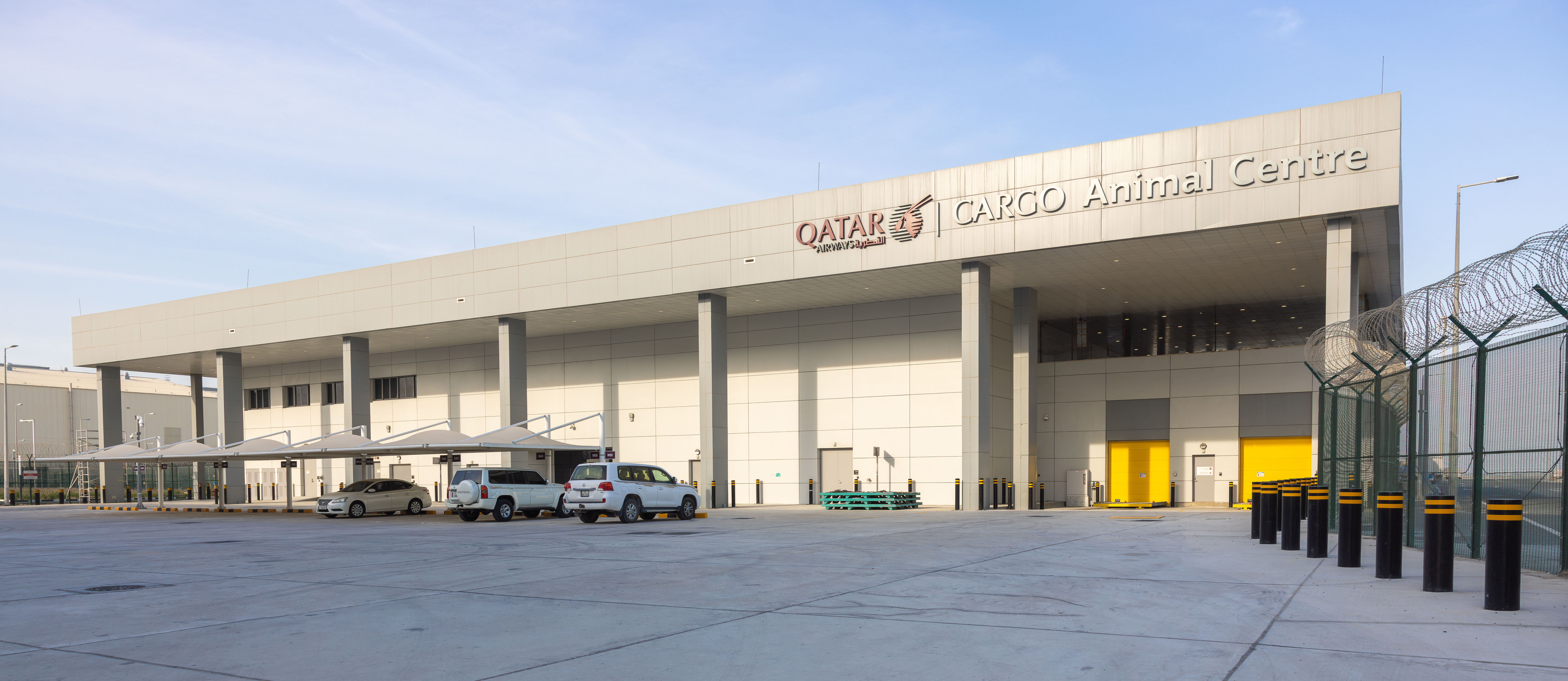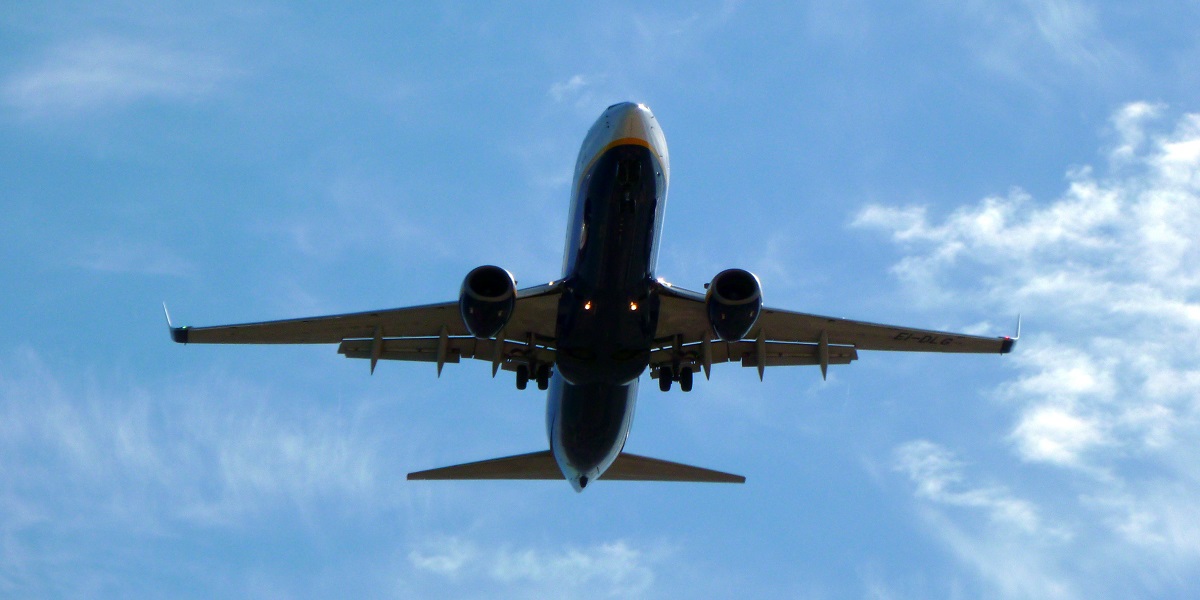Overseas airlines say they are having difficulty getting Australian governments to discuss the practical issues involved in reopening the nation’s borders.
Despite the enthusiasm of some politicians for opening up international borders as early as Christmas, the organization representing most of the airlines flying into the country warned Thursday of issues that need to be resolved before international flying can restart “in a worthwhile and confident manner”.
The Board of Airline Representatives of Australia said international airlines had consistently been seeking engagement with governments at all levels but the response had been limited.
READ: Qatar Airways Privilege Club offers superb deals
READ: Emirates brings forward final A380 delivery to November
BARA estimates about 2000 international flights operated to and from Australia each week prior to the pandemic, carrying 850,000 passengers.
That translated to about 110 flights a day but this is now down to about 13 daily commercial flights carrying about 250 passengers per day, a figure that will reduce to 108 daily passengers with an expected further reduction in flights from September 8.
The association argues that an increase in services will need to see changes to the way passengers and aircrew are handled as well as decisions made on how to deal with the differing vaccination status of incoming passengers.
“Member airlines report that it is not unusual for it to take an hour to clear an international flight at the airport, even though the flight only has about 25 passengers,’’ BARA executive director Barry Abrams said.
”The extensive and complex arrangements used to hotel quarantine passengers and aircrew on arrival will need to be greatly simplified and streamlined to support more international flights and passengers.
“Vaccination and testing requirements provide the opportunity to move from state authorities directly managing passengers and aircrew to a set of clearly defined expectations and operating practices, which will require far fewer government resources.
“However, BARA is unaware of any planning documents that contemplate how the processes for passengers and aircrew will be simplified and streamlined, which are necessary for a restart to international travel.
“Work on this needs to occur quickly to allow greater travel options later this year.”
The association also wants to do how governments plan to deal with passengers arriving from global hubs with differing vaccination documents.
“A workable model for international aviation cannot be a complex framework of flight requirements into Australia that tries to divide up the status of passengers via the arriving flights,” Abrams said.
“Any future arrangements will need to be clear and simple, to ensure airlines can operate consistently and efficiently, and passengers can have confidence in being able to understand the regulations that are in place,” he says.
“BARA and individual international airlines have consistently sought to engage with governments over the last 18 months about a risk-based approach to international travel.
“The industry’s desire to engage has been based around being able to plan together, so that travel can restart safely and confidently based on the decisions made by government.
“While useful engagement has to date been limited, the opportunity for collaboration remains.”
























